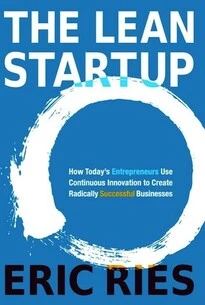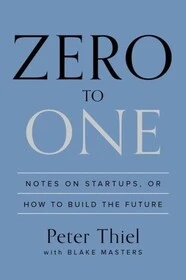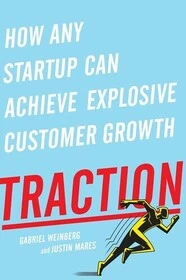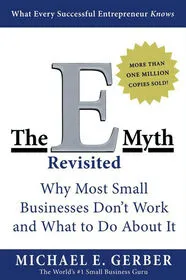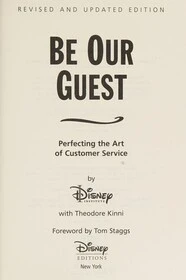“The Lean Startup” by Eric Ries is a guide for entrepreneurs and innovators who want to build successful businesses in an uncertain world. Ries introduces the concept of the lean startup, which focuses on rapid experimentation, validated learning, and iterative product development. By using feedback from customers and data-driven decision-making, startups can reduce waste, increase efficiency, and ultimately increase their chances of success.
This book was recommended to me by a friend who was really interested in Lean methodologies. I found it to be an interesting read, but I’m not sure if I would recommend it to everyone. It’s definitely worth checking out if you’re interested in learning more about Lean principles and how they can be applied to startups.
Key Points
-
The Build-Measure-Learn Feedback Loop: The core principle of the lean startup is to constantly iterate and learn from customer feedback. Startups should build a minimum viable product (MVP), measure its performance using actionable metrics, and learn from this data to make informed decisions about future iterations.
-
Validated Learning: Instead of relying solely on assumptions or intuition, startups should validate their hypotheses through experiments. By conducting small-scale tests with real customers early on, entrepreneurs can gather valuable insights that lead to better products and strategies.
-
Innovation Accounting: Traditional accounting measures are not suitable for startups as they focus on financial performance rather than learning progress. Innovation accounting provides a framework for tracking innovation efforts by focusing on leading indicators such as customer engagement and retention.
-
Pivot or Persevere: Startups must be willing to pivot when necessary based on validated learning. A pivot is a fundamental change in strategy without losing sight of the company’s long-term vision. By being adaptable and open-minded, entrepreneurs can navigate uncertainty more effectively.
-
The Three Engines of Growth: To achieve sustainable growth, startups need three engines: the sticky engine (retaining existing customers), the viral engine (attracting new customers through referrals), and the paid engine (acquiring new customers through advertising or other means). Understanding these engines can help entrepreneurs drive growth effectively.
About the author
Eric Ries is an entrepreneur, author, and consultant known for his work on the lean startup methodology. He has advised numerous startups and companies, helping them implement lean principles to achieve success. Ries is also a popular speaker and has shared his insights at various conferences and events worldwide. His book, “The Lean Startup,” has become a cornerstone for entrepreneurs seeking practical guidance in building innovative businesses.
I score this book 5 moons: 🌕🌕🌕🌕🌕
